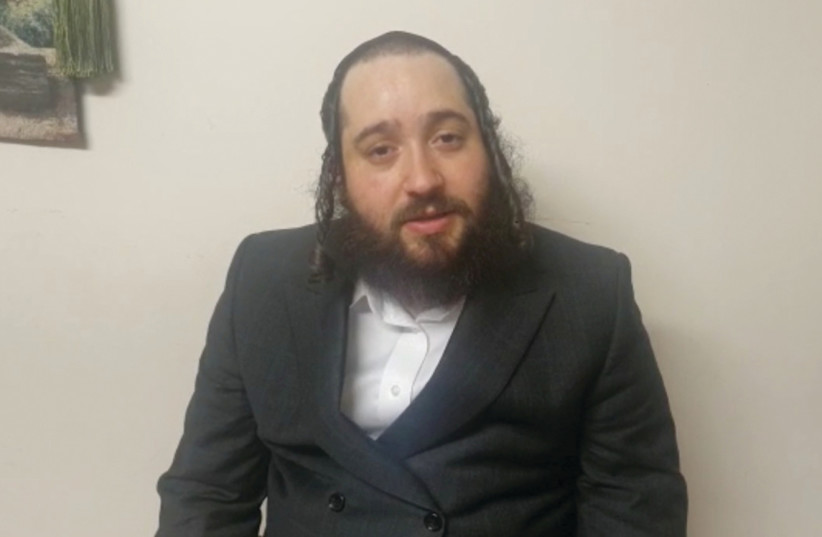The European Court of Human Rights rejected the appeal by parents of Alta Fixsler to medically maintain their 2-year-old daughter's life, ruling she may be removed from life support and siding with UK courts, the Guardian reported on Monday.
Fixsler was born two years ago to Hasidic Jewish parents in Britain with severe brain damage. Her parents fought a desperate battle with England's National Health Service (NHS) to keep her alive and on life support.
According to the NHS, she is suffering and prolonging her life is futile, as she has no chance of recovery. In such situations, the UK medical guidelines approve ending care.
When the supreme court in the UK ruled that Alta's life support can be withdrawn, the parents appealed further to the European Court of Human Rights. Today, their request was declined.
“The presumption in favor of taking all steps to preserve life, whilst strong, is also rebuttable. That this is so recognizes that life cannot be, and should not be, preserved at all costs,” the ruling judge said in his decision.

Life support for severe cases such as Fixsler's involves meticulous monitoring of all the functions her body cannot complete for her - ventilation, nutrition, pH levels, temperature, etc. A day on life support in the intensive care unit costs the health system $3,000 a day or more, according to a study in Critical Care Medicine.
Alta's parents fought the NHS to allow her to remain connected to the many tubes that are keeping her alive, claiming that any cessation of life goes against the Jewish faith which they practice. When the courts appeared to reject their claim, the parents called on foreign aid.
In July, US Senate Majority Leader Chuck Schumer managed to get a US visa for Alta, seeing as her father is a US citizen, and wrote to UK Ambassador to the US Karen Pierce in an effort to postpone the life-ending decision.
Reuven Rivlin, then-president of Israel, even appealed to Prince Charles to prevent the action. Israel also attempted to coordinate Alta's transfer to Israel but failed.
Alta's father Avraham expressed his devastation on Monday and calls for the world to intervene. “We feel as if the National Health Service is holding our daughter hostage,” Fixsler said. “It seems to us the NHS wants to kill her.”
The issue of "pulling the plug" and persistent life support is a well-known medical dilemma. In Israel, the law claims that no patient currently connected can be disconnected from life-supportive care.
In 2005, the Health Ministry created a committee to study the matter led by the rabbi Prof. Avraham Steinberg, a pediatric neurologist. The committee established a clause called "patient soon to die", under which a patient who is suffering and whom the medical community does not predict can survive more than six months is allowed to receive partial care and not complete life support, thus allowing him or her to die a natural death. However, in conjunction with Jewish halacha, the law in Israel does not permit a person on a ventilator to be actively "unplugged", which would mean a practical hastening of his death.
Following the ruling, the family requested Alta be transferred to her home. “Alta should be in our house for the last moments of her life,” her father told the BBC Radio 4 on Monday morning. “Give us our last wishes, to be with our child in our comfort zone, in our house.”
